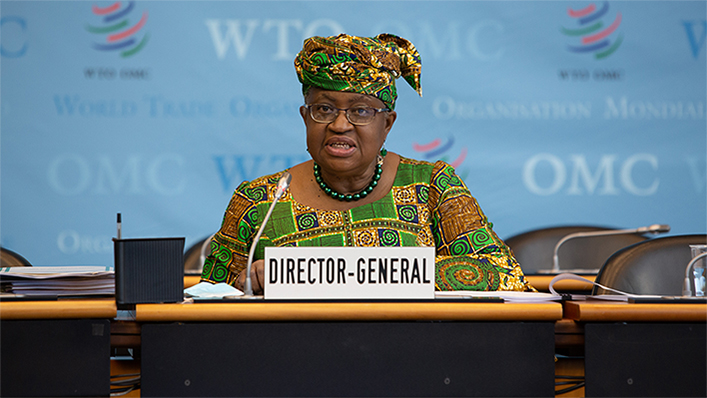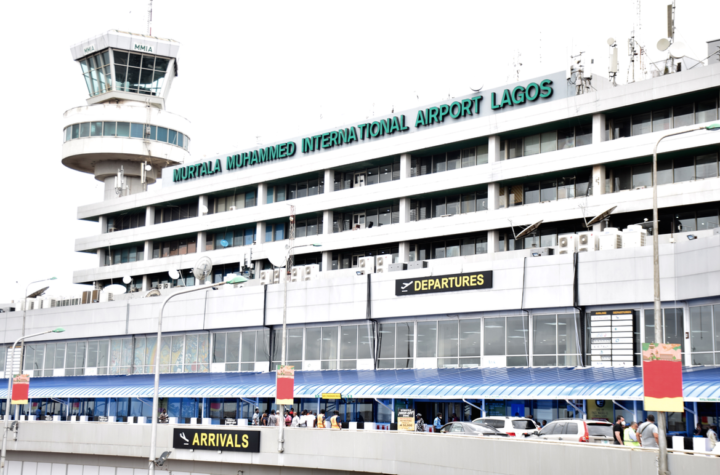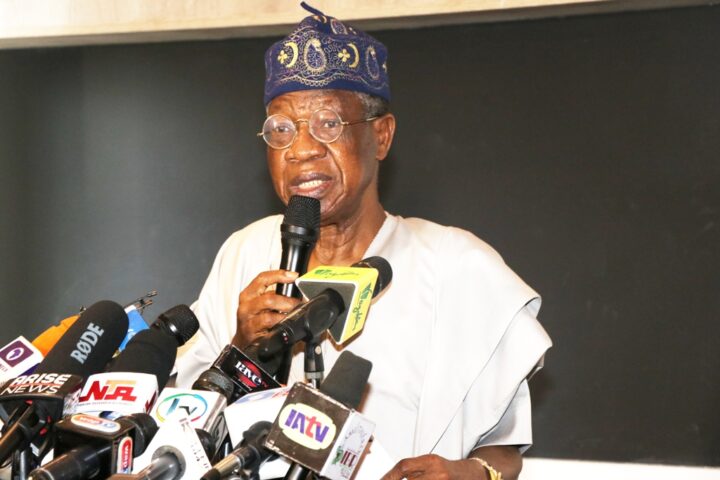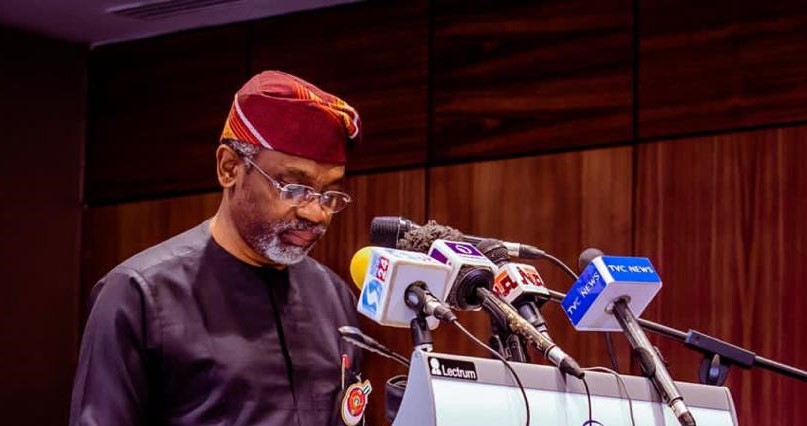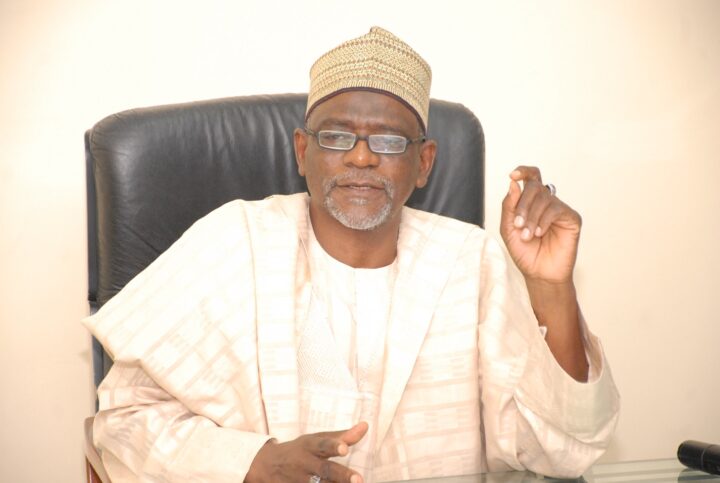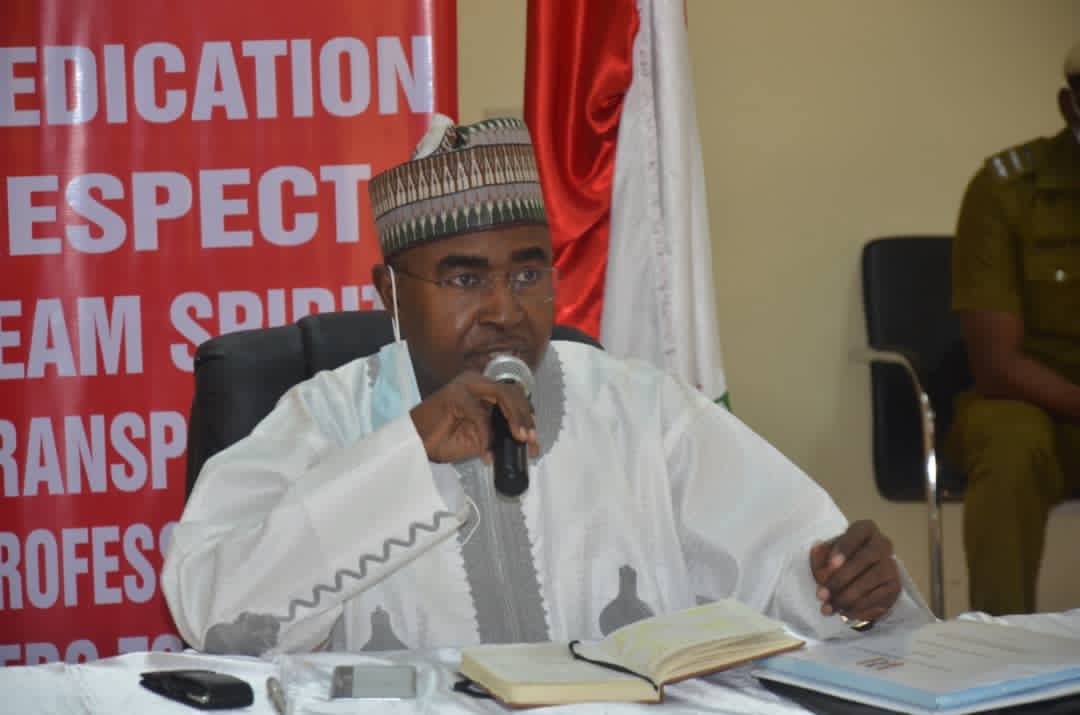Ngozi Okonjo-Iweala, director-general of the World Trade Organisation (WTO), says Africa must be proactive in bridging its vaccine manufacturing gap.
Okonjo-Iweala spoke on Monday at the Africa Vaccine Manufacturing Virtual conference organised by Africa Centres for Disease Control (CDC).
The former finance minister said like the rest of the world, the continent must start putting measures in place to address the COVID-19 pandemic and any other disease outbreak that may surface in the future.
She explained that it would have cost less to prepare for the pandemic than to manage it.
Advertisement
According to her, Africa can key into its already existing capacity for animal vaccine production to boost human manufacturing for humans.
“We all know that COVID has devastated us healthwise, taking three million lives globally. It has devastated economies and necessitated an unprecedented response. We were not prepared for this pandemic globally. Spending billions of dollars for preparedness would have saved us trillions of dollars in response,” she said.
“The world is now learning how to do this better for the next time and putting in place a framework to manage the next pandemic. Africa must also prepare and think of how to do better for future crises. That is part of the reason for this meeting.
Advertisement
“But the global vaccine shortage and the resulting inequality in access threatens Africa’s efforts. A scramble for vaccine has set in, even COVAX is occasionally outbid, leaving middle-income countries, particularly vulnerable. Of the more than 70 million doses administered as of last week, only 0.1% has gone to people in low-income countries, which is home to nearly a tenth of the world population.
“Africa is the continent with the lowest rate of vaccine delivery at 1.1 doses per 100 people. In North America, the figure is over 40. This is morally unconscionable and a serious economic hit. The World Bank estimates each month of delay in vaccine access costs Africa $13.8 billion in lost output.
“To boost trade, growth and livelihoods, we need to get vaccines to everyone who needs them. I’ve said it before and would repeat it again, the best global economic stimulus is equitable access to vaccines. On manufacturing, Africa represents 16% of the world’s population but less than 0.1% of global vaccine production and this makes the continent vulnerable to export restrictions and has deprived the world of a more diversified vaccine production base.
“That is why Africa’s public and private sectors must pay close attention to see what we can do now to prepare better and do for the future. We need more access to vaccines now and looking ahead, we need to boost vaccine manufacturing capacity in Africa and other regions. The demand is certainly there as we have heard and with the AfCFTA, it makes it much much easier to move products around once manufactured.
Advertisement
“But first, we need to make full use of existing facilities. We also have the capacity for manufacturing animal vaccine and we should look into this. We should not neglect the possibility of using animal vaccine manufacturing capacity and turning this around for production. This capacity will not just be used for COVID, but for childhood vaccines which Africa is a leading customer.”
Okonjo-Iweala also spoke on the need to adopt policies that will encourage the production of quality vaccines across Africa.
“African countries can encourage vaccine manufacturing by cutting tariffs on raw materials and providing other incentives though such incentives must be in line with WTO rules,” the WTO DG said.
“Having regulatory capacity and frameworks in place, as well as experienced personnel are other critical ingredients in increasing vaccine production.
Advertisement
“Even with domestic manufacturing capacity, open trade will remain essential for vaccine production. The WTO is part of the solution. The onus is on us as Africans. I do know we can do the job.”
Advertisement
Add a comment

